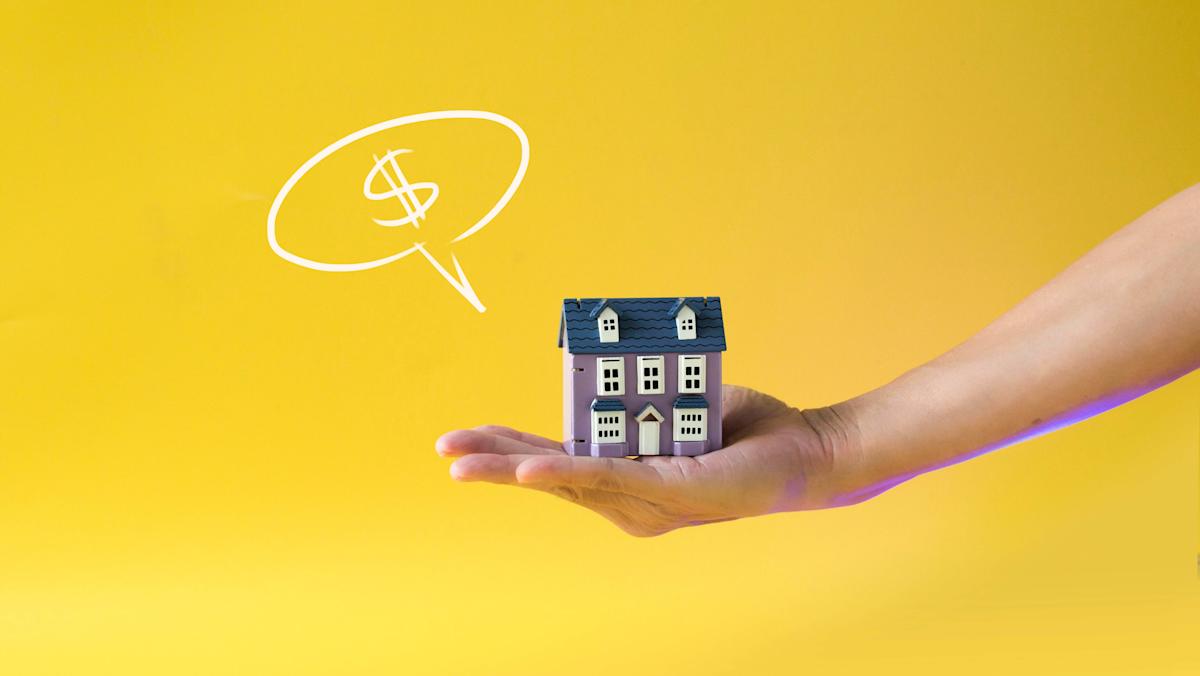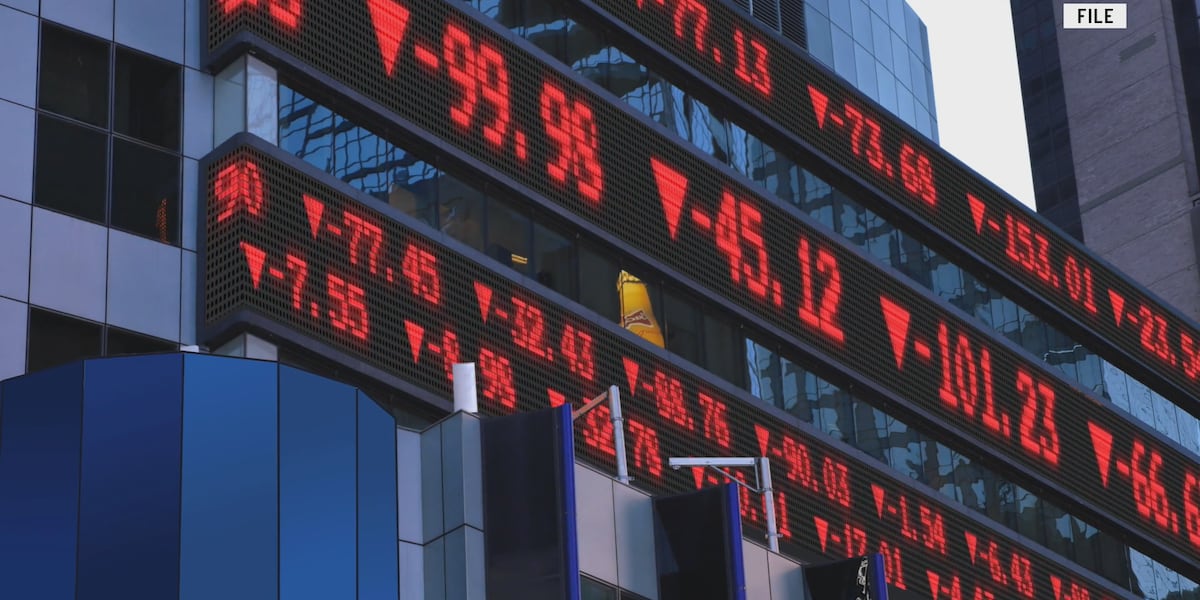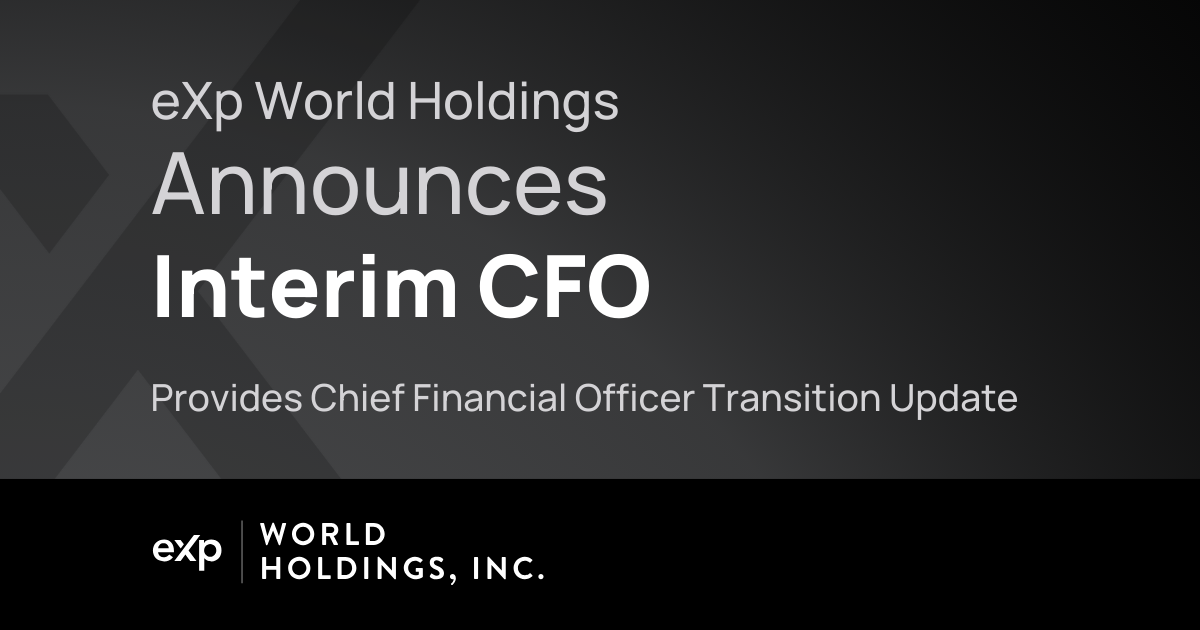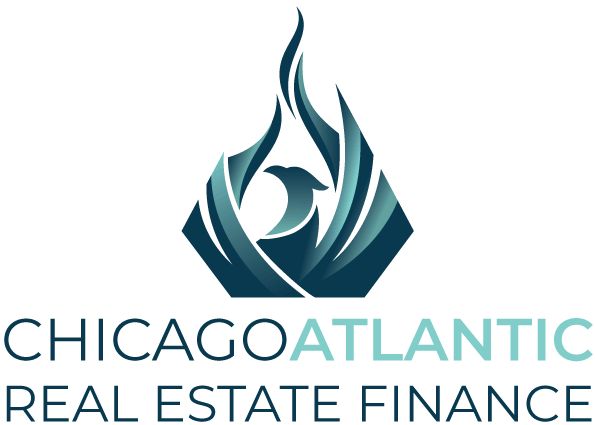Green Buildings, Real Truths: Why Sustainability Labels Don't Tell the Whole Story

Real Estate Regulation: A Call for Smarter Policy Adaptation
As the Sustainable Finance Disclosure Regulation (SFDR) approaches a critical revision, industry experts are urging policymakers to develop a more nuanced approach that specifically addresses the unique characteristics of real estate investments.
The upcoming overhaul presents a pivotal opportunity to create more targeted and effective sustainability disclosure guidelines that truly reflect the complex nature of property investments. Current regulations often fail to capture the intricate sustainability dynamics of real estate assets, leaving investors and developers navigating a one-size-fits-all framework.
Professionals in the sector argue that a more tailored approach would not only improve transparency but also encourage more meaningful sustainable investment strategies in the real estate market. By recognizing the sector's specific challenges and opportunities, policymakers can craft regulations that genuinely drive positive environmental and social impact.
The call for change highlights the growing importance of aligning financial regulations with the evolving landscape of sustainable investment, particularly in a sector as critical as real estate.








